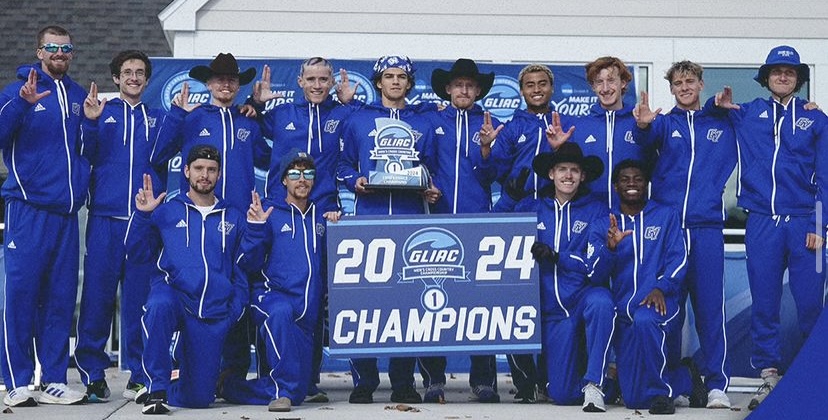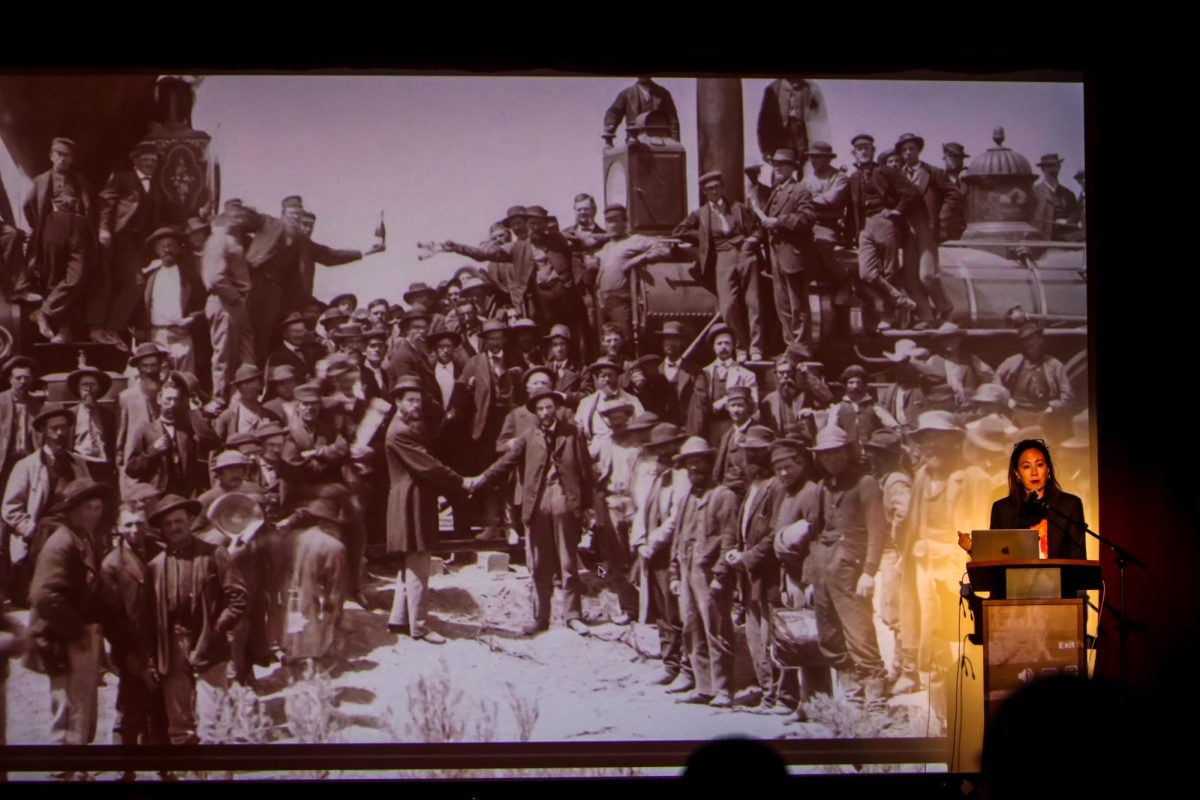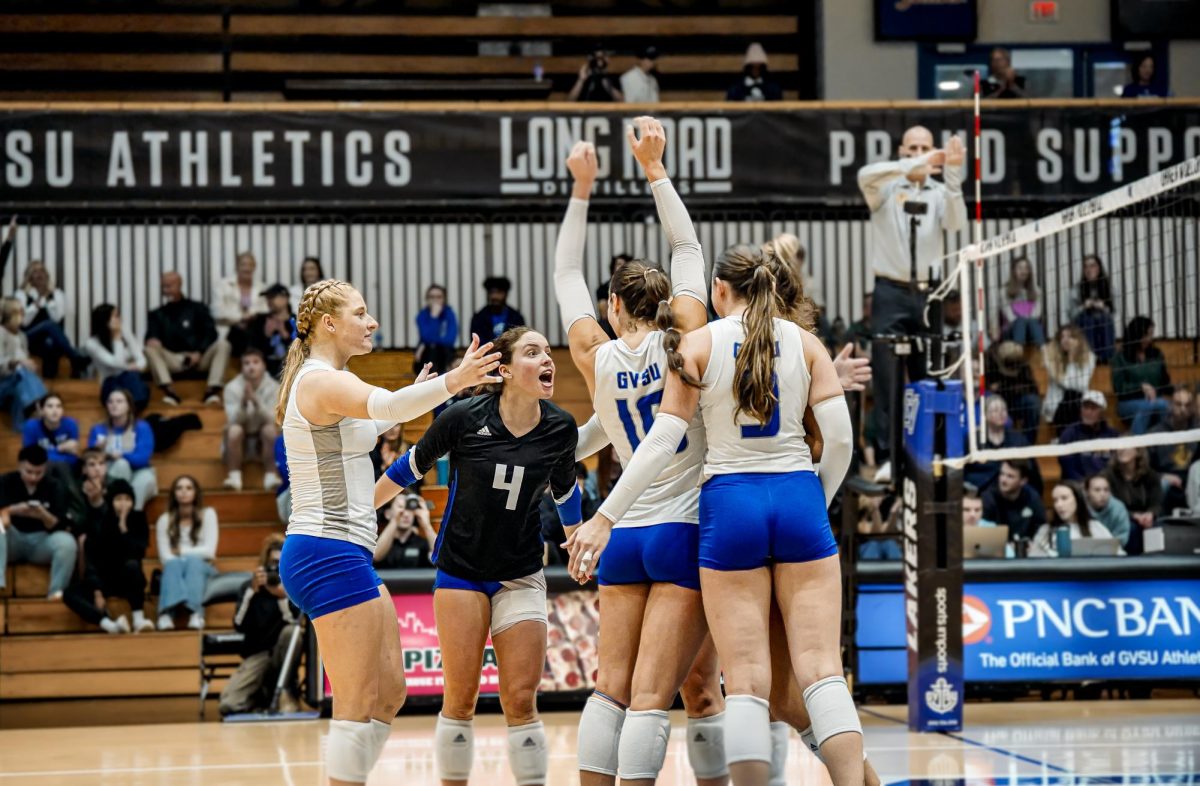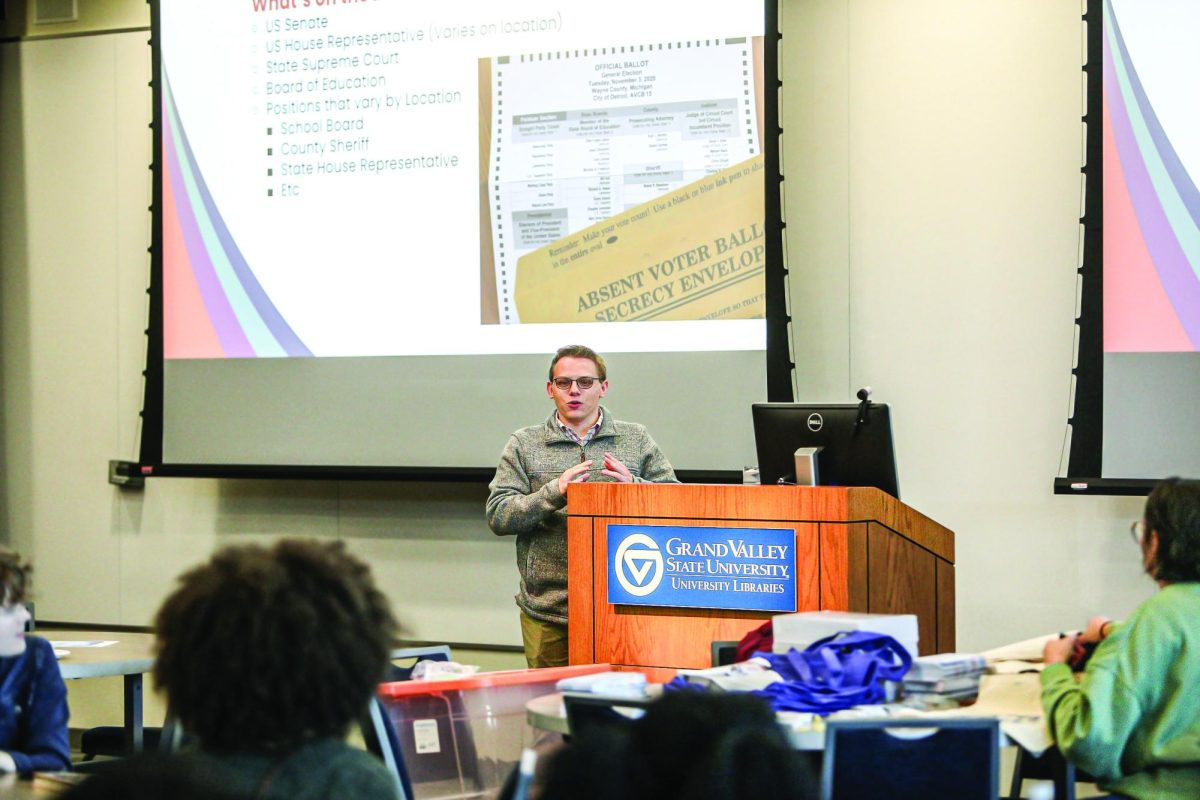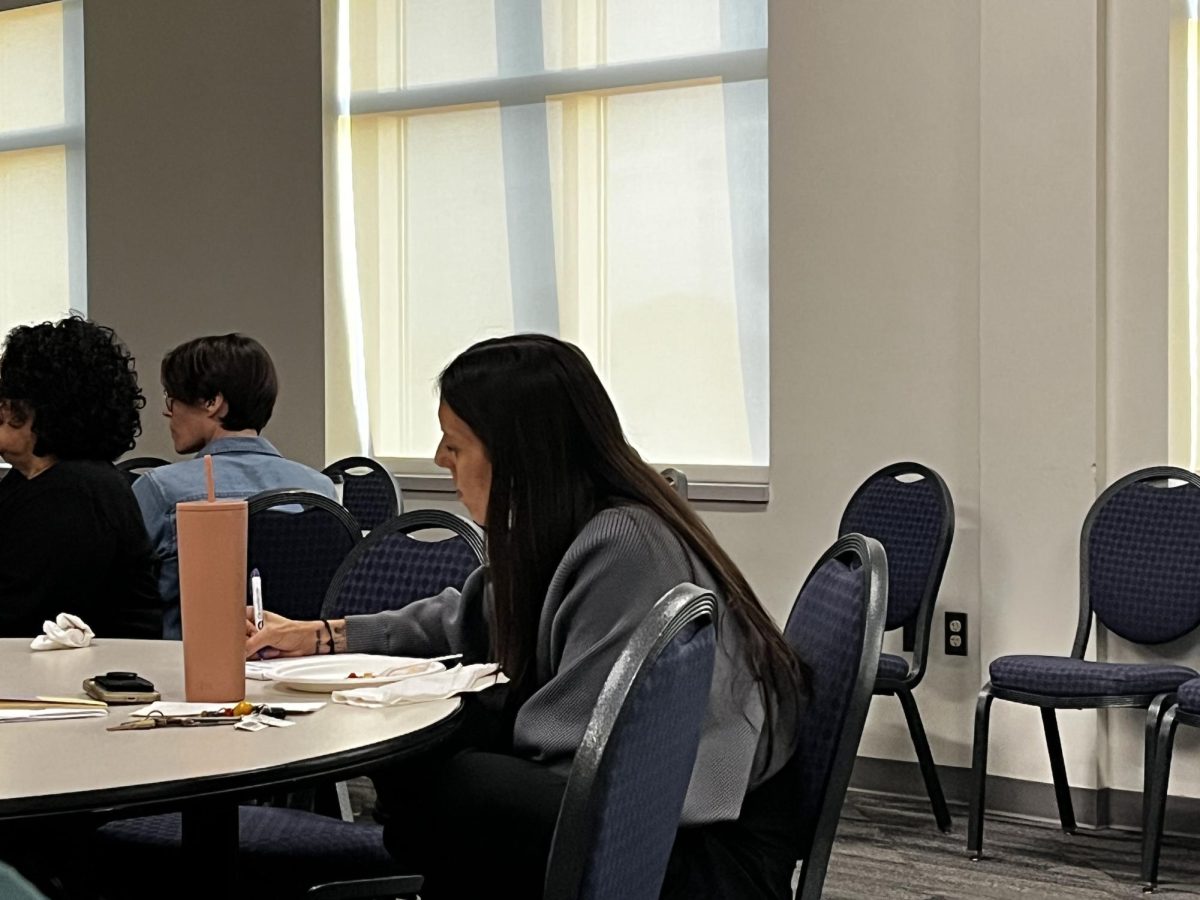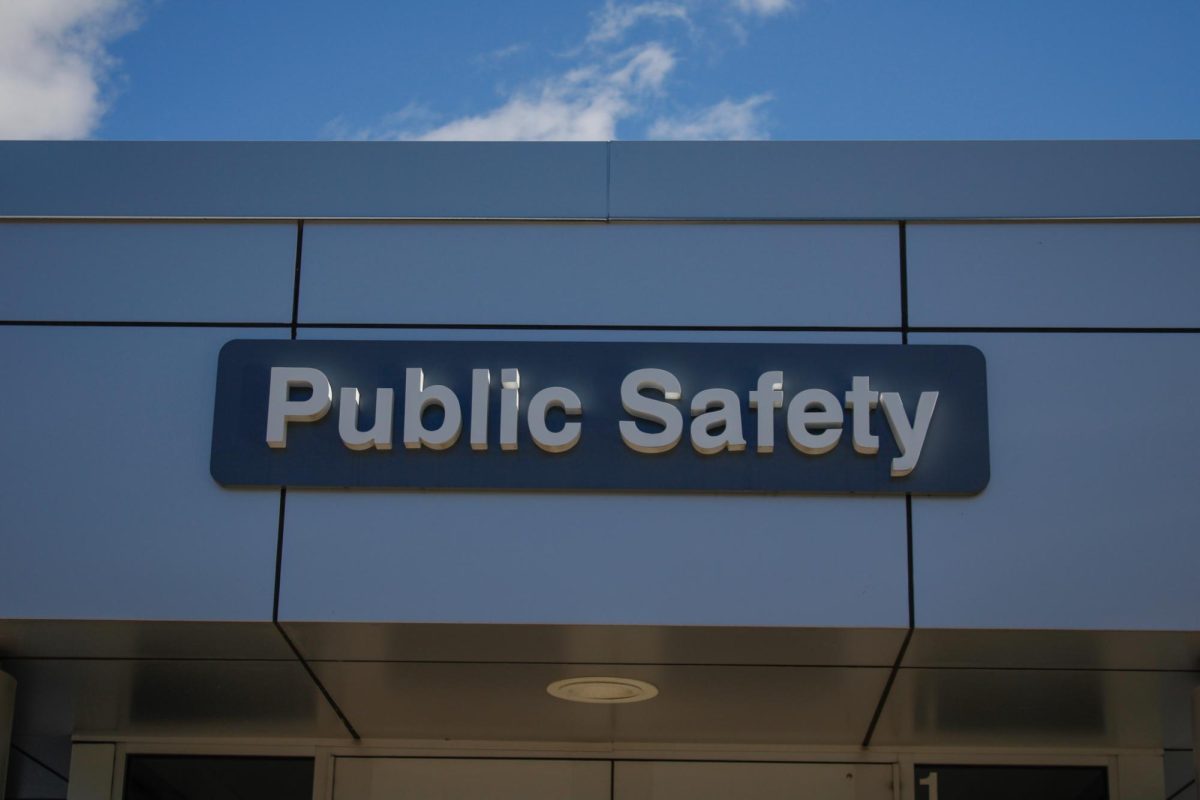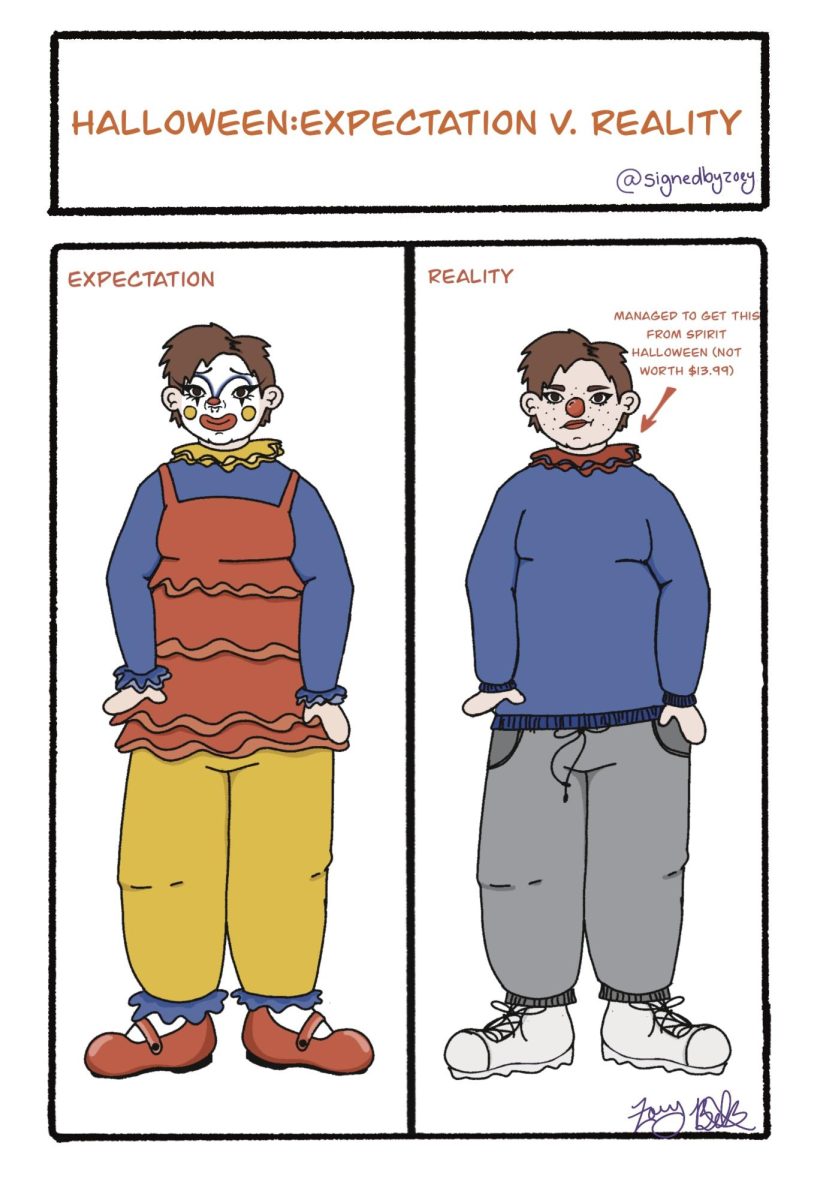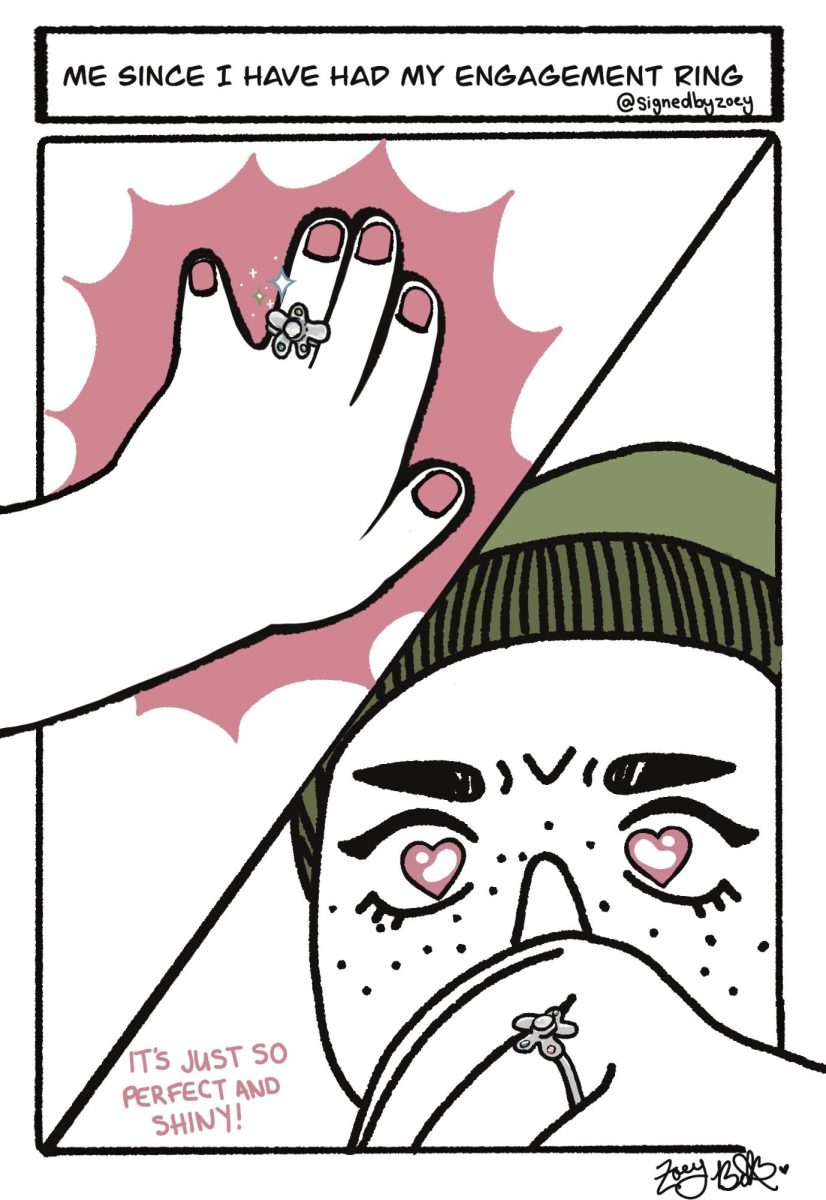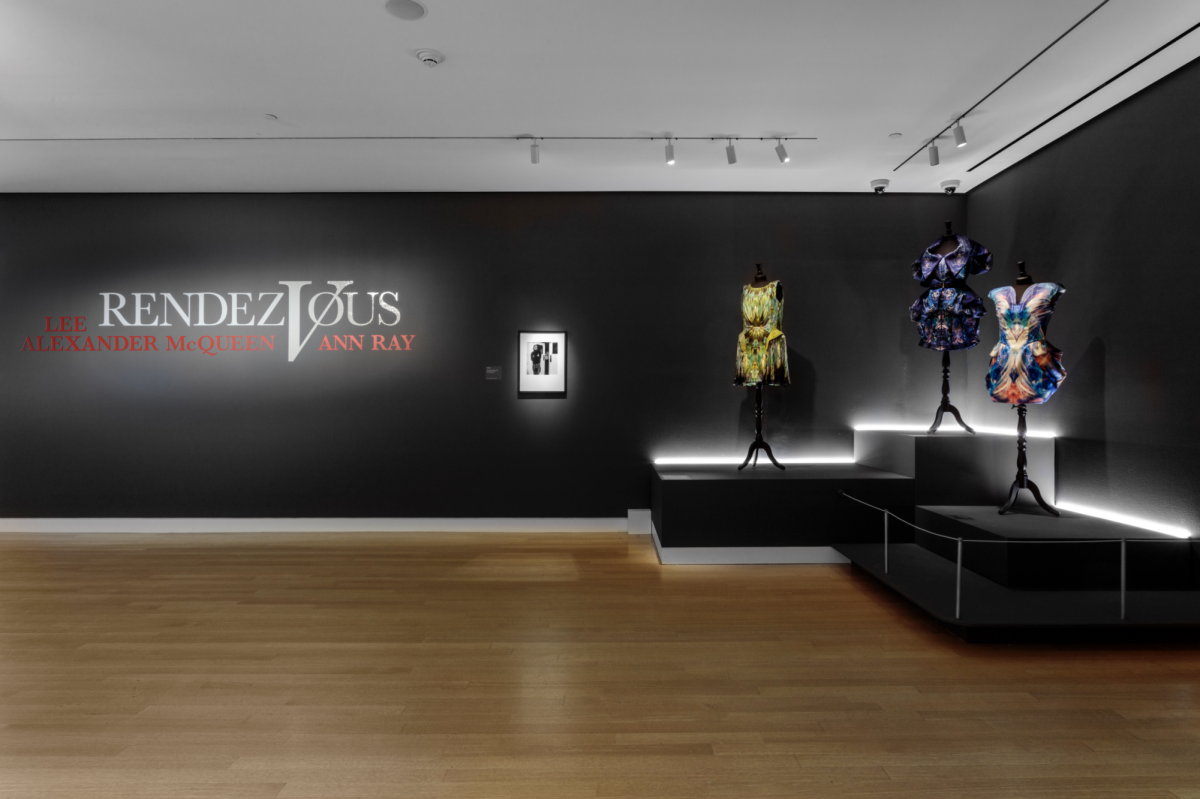Discourage fake news on Facebook
Dec 4, 2016
Headline: Discourage fake news on Facebook
By: Claire Fisher
Whether it’s your crazy aunt, racist uncle, or out-of-touch grandma, we all have relatives on Facebook who share information that simply isn’t true. It might seem harmless, but ultimately there are people on Facebook who read articles and statistics and believe them to be true. When people start to believe stories and information that isn’t true, they can’t make informed decisions regarding democracy.
We need to work to discourage fake news so that people who aren’t able to tell the difference between fake news and real news don’t believe information that isn’t accurate.
It’s important to be able to identify fake news. If you haven’t heard of the news station, question the source. A lot of fake news on Facebook tries to circulate under a name that sounds like a real news organization, but isn’t. It might say “The Denver Chronicle” or “BVANews” or even “ABNC.com.” Websites like “whois.com” allow you to view who owns the domain name and when the website was started. Googling the title of the news organization can also help you discern whether it’s a credible news organization or just a website somebody created to bring in traffic for advertisements.
These websites may be created partially to spread information that isn’t true, but for the most part the idea is bring page views so the website can make money off of advertisements. The more page views the website gets, the more money they can make off advertisements. So they write crazy, partisan headlines like “What Ivanka Trump REALLY thinks of Trump’s sexual advances towards her” or “The Pope forbids Catholics from voting for Hillary” because they know that people will click on them. When you click on articles like this, you indirectly pay the website for their fake news product by providing them with a page view which allows them to have advertisers. If the headline seems questionable, go to a news organization you trust and know to be credible and see if they’re reporting on the story. Don’t click on the fake news website.
Another thing to understand about fake news is the way the Facebook algorithm works, when you “react” to fake news on Facebook, the news will appear in your friends’ timelines showing that you reacted. Even if you react with the angry face, comment with your friends’ name to show them something stupid, or share the article saying “check out what some people will believe,” you’ve spread the news further through Facebook. By reacting, commenting, or sharing regardless of your intention, you’ve spread the fake news to more and more people.
While you might know that the news isn’t true, but your grandma or your racist uncle may believe it to be true. Not only could someone else click on it, but they could share the story and spread information that is completely false to people as the truth.
Facebook now has an option where you can report fake news. If you see fake news on Facebook, instead of commenting angrily on it, report it. When you click on the options, drop down menu on the post, you can select “This shouldn’t be on Facebook” and then “This is fake news.” This will help remove fake news from the public sphere.
While you’re scrolling through your news feed next, think before your click. If you’ve never heard of the news station or the headline seems questionable, do some research and determine the source’s credibility. Fake news disrupts our ability to have an informed public and therefore an effective democracy; we all need to take part it removing false information from the internet.



